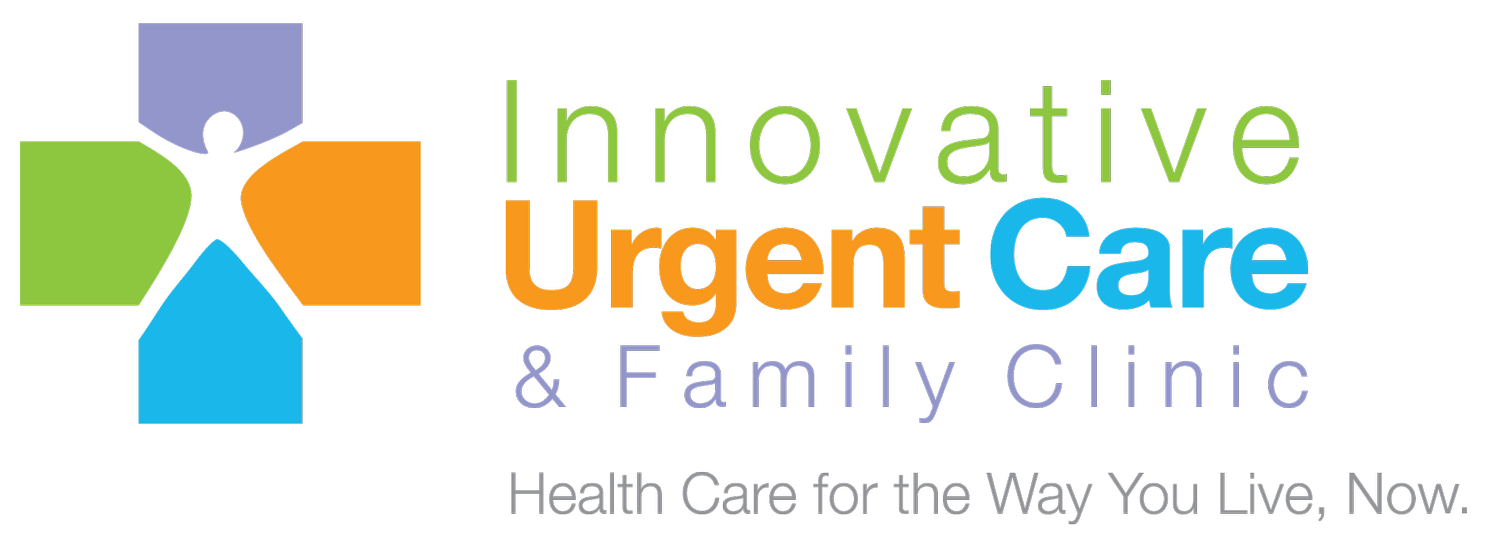Tips and Tactics for Dealing with Drugs Not Covered by Health Insurance
Dealing with prescription drugs that are not covered by your health insurance can be frustrating and costly. In this blog post, we will provide you with some valuable tips and tactics to help you navigate this challenging situation.
1. Communicate with Your Doctor:
Start by discussing the issue with your healthcare provider. They may be able to recommend alternative medications or help you navigate the insurance process.
2. Check for Generic Alternatives:
Sometimes, there are generic versions of the prescribed drug that are more affordable and covered by insurance. Ask your doctor if a generic alternative is available.
3. Prior Authorization:
Contact your insurance company to inquire about the possibility of getting prior authorization for the drug. This process may require your doctor to provide additional information about why this specific medication is necessary for your treatment.
4. Appeal the Decision:
If your insurance provider denies coverage, don't give up. You have the right to appeal their decision. Gather all necessary documentation, such as medical records and a letter of support from your doctor, and follow the appeals process outlined by your insurer.
5. Explore Patient Assistance Programs:
Many pharmaceutical companies offer patient assistance programs that provide financial support or free medication to eligible patients. Research these programs and see if you qualify.
6. Compare Prices:
Utilize online tools like GoodRx or other price comparison websites to find the lowest cost for your prescription at different pharmacies in your area.
7. Consider Discount Cards or Coupons:
Some pharmacies offer their own discount cards or accept manufacturer coupons, which can help reduce the cost of your medication.
8. Explore Mail-Order Pharmacies:
Mail-order pharmacies often offer discounted rates for certain medications. Check if your insurance plan allows you to use a mail-order pharmacy for cost savings.
9. Review Your Insurance Plan:
Periodically review your health insurance plan to understand its drug coverage policies and any changes that may affect your coverage.
10. Seek Financial Assistance:
If you are facing financial hardship, explore options like Medicaid or charitable organizations that may provide assistance for medication costs.
Dealing with drugs not covered by health insurance can be challenging, but with patience, communication, and these tips and tactics, you can navigate this situation more effectively. Always consult with your healthcare provider and insurance company to find the best solution for your specific needs.

